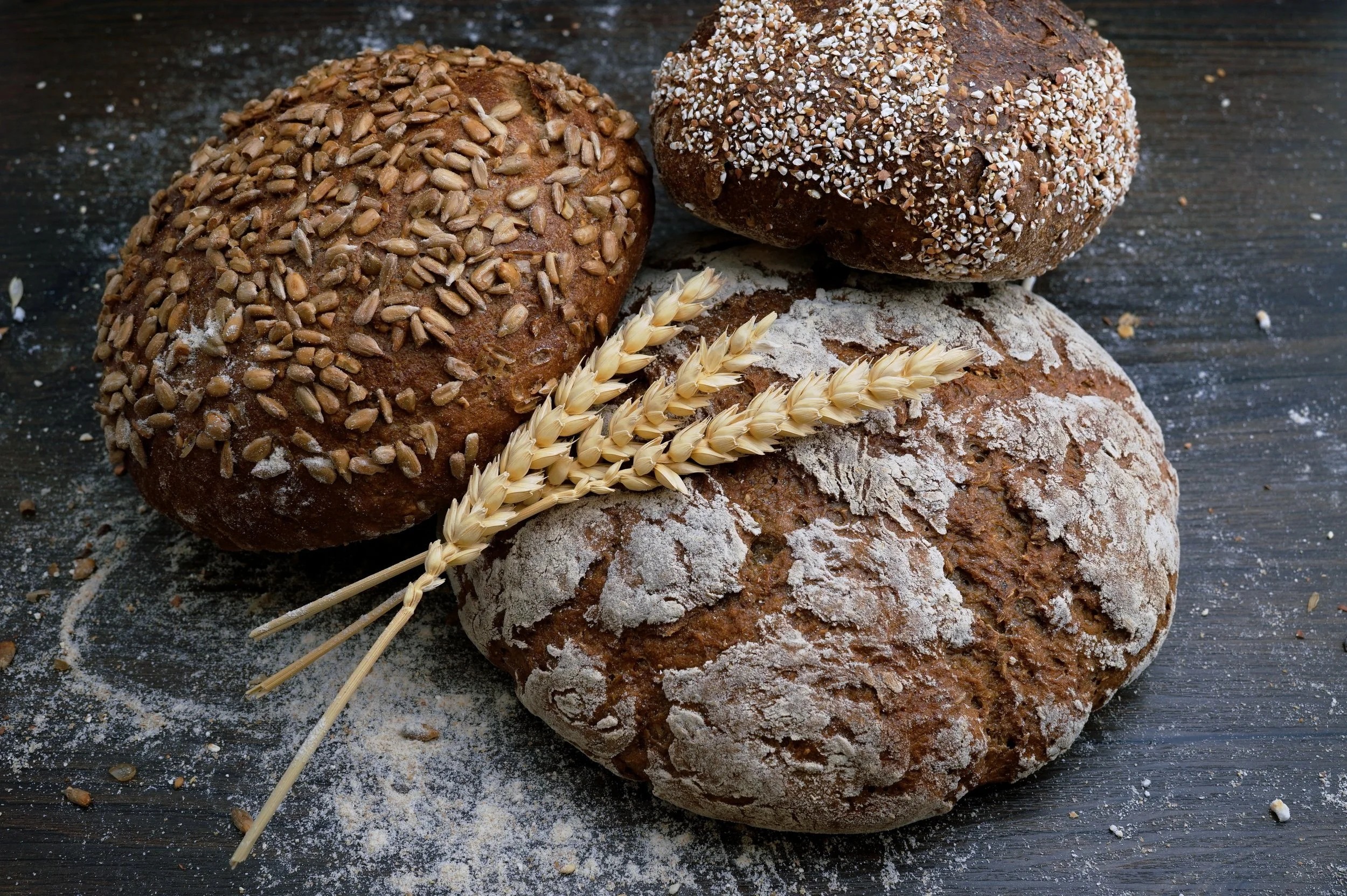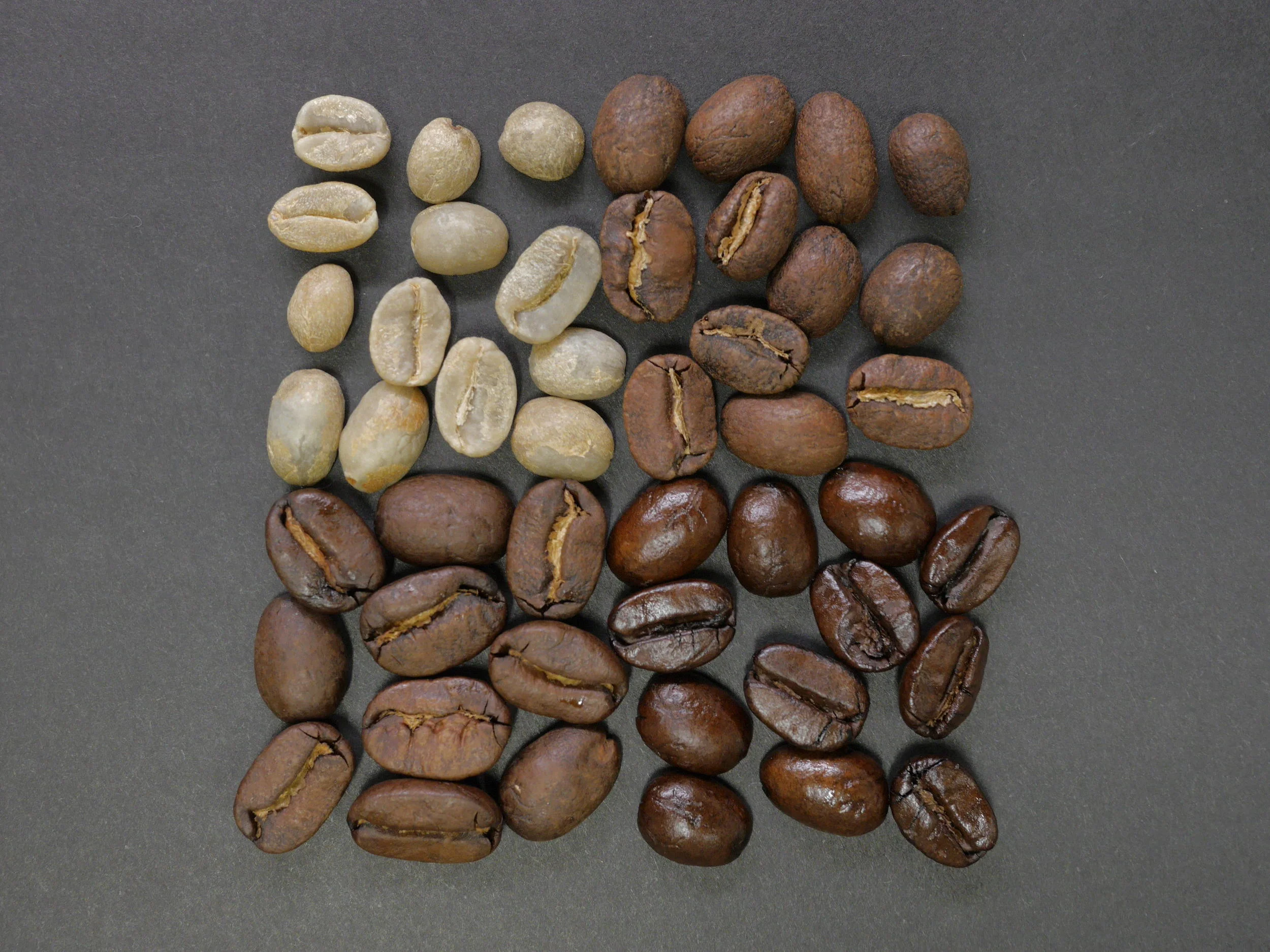If you’ve been following the recent nutrition trends, you might have seen an increase in gluten-free products and the promotion of their use. With the increasing number of published books, articles and many celebrities promoting a gluten-free lifestyle, you might be wondering whether gluten is bad for you.
Viewing entries in
True or false
If you’ve watched or heard about the new Netflix documentary”What the health” by Kip Andersen, you might be tempted to throw out all animal products you have in your fridge and adopt a vegan or vegetarian diet. But before embarking on an animal product free diet, here are a few points to consider.
When strongly craving a certain decadent snack or dish, we should not deprive ourselves, but indulge mindfully.
An average medium sized banana contains about 14 grams of sugar, which is about 53% of its total 105 calories.
Vegetarians have plenty of options when it comes to consuming proteins, and many of these are lower in fat and higher in fiber, vitamins, and minerals in comparison to most animal protein sources.
True or False: Every Nutritionist is a Dietitian
Written by Arielle Kestenbaum | Reviewed by Adiana Castro, RD, MS,CDN, RDN
Every Nutritionist is a Dietitian. This is False.
Although many dietitians will refer to themselves as nutritionist, not all who refer to themselves as nutritionists are dietitians. The main difference between a nutritionist and a dietitian is the level of education and medical nutrition therapy clinical exposure. Anyone that studies wellness and nutrition can call themselves a “nutritionist”, but to become a dietitian, one must obtain certain certifications and licensures, and therefore the role of a dietitian is more regulated than that of a nutritionist.
After earning a Bachelor’s degree from an accredited university, as well as having completed many nutrition science courses, a dietitian usually must first complete a dietetic internship or practice program rotating many different areas within the scope of practice of a dietitian. For example, interns are required to rotate within healthcare facilities, food service companies and community settings, where they can be monitored and supervised. After completing the internship, an intern is required to take the national examination before obtaining the Registered Dietitian (RD) credential.
Once registered as a dietitian, they are able to organize food and nutrition plans and promote healthy eating habits to prevent and treat illnesses. They can also work within schools to teach nutrition education, as well as conduct research on many public health issues. There are so many different roads for a dietitian to go that falls under their scope of practice, that would not necessarily be OK for a nutritionist.
The term “nutritionist” is much broader, as it is not as regulated in the United States. Nutritionists typically do not have any professional training, and therefore should not be involved in the diagnosis or treatment of any disease. They definitely can be present for any type of support, as well as promotion of healthy lifestyles, but they cannot partake in the medical nutrition therapy aspect of nutrition (the therapeutic approach to treating medical conditions and their symptoms through specific diets).
Registered Dietitians and nutritionists both want to help people eat better and be healthier, but the education and practical training dietitians receive make them the true experts. This is something to keep in mind whether wanting to enter the field of nutrition or seeking expert nutrition advice!
True Or False: I have to eliminate dairy for weight loss
Written by Kelli Baker | Reviewed by Jennifer Calo MS, RDN, CDN, CDE, CLT
The idea that you need to eliminate dairy for weight loss is false. This statement has been emphasized recently in the media due to the popularity of certain diets like Paleo and “Whole 30” who claim that dairy is inflammatory, disrupts hormone balance and slows metabolism. These unsubstantiated claims often scare people away from a great source of nutrition that may be just fine for them to consume. In the past, the dairy industry touted that consumption of milk could actually promote weight loss. It is no wonder people are confused by all the mixed messages surrounding dairy intake! As usual, the truth lies somewhere in the middle. Dairy is not a miracle food that allows the weight to just shed off nor is it the enemy for weight loss. The truth is that unless you are lactose intolerant or have a dairy allergy or sensitivity there is no reason why it can’t be part of your daily balanced diet.
There are many benefits to dairy that you could be missing by eliminating it from your diet entirely. To start, dairy is a great source of protein, vitamins and minerals. For example, one cup of skim milk contains 8g of protein, 299mg calcium and only 83 calories while a 6g container of cottage cheese provides 20g of protein, 154mg of calcium and 146 calories. Similarly a 6oz container of plain nonfat greek yogurt has 18g of protein, 201mg calcium and 100 calories per serving. The combination of protein and carbohydrate in milk makes it an excellent post workout recovery meal. Additionally, dairy products like yogurt and kefir provide the body with necessary probiotics helping to stimulate healthy digestive function.
Of course we want to watch out for added sugars and saturated fat when choosing dairy products. When consuming dairy, be wary of yogurts that have added sugar. It is best to get plain yogurt and add your own fruits, nuts and/or granola for flavor. Also, be aware of the fat content of the dairy you are choosing and the portion sizes. It is okay to consume some cheese that contains a higher fat content such as 1%, 2% or full fat, but just be sure to limit the portion size to about 1 ounce daily, to keep calories in check. Additionally, it will be important to balance out the amount of saturated fat throughout your day. For example, if you choose to consume whole milk in your morning coffee and cereal or some cheese in your midday sandwich, you might choose a leaner cut of meat for lunch and dinner like chicken breast or turkey. The key is to create balance through moderation and choose the lower fat options as much as possible.
If weight loss is your goal, remember that dairy can be an important nutritional component providing an excellent source of protein, vitamins, minerals and probiotics. Unless you are having difficulty digesting dairy or have an allergy towards it, there is no reason to be afraid that it will hinder your weight loss efforts!
Coconut oil has been all the craze for the past few years. Not too long ago, it would have been quite a task to track down a bottle of this trendy oil, but now coconut oil is found in most supermarkets and health food stores. Coconut oil is well-known as a moisturizing treatment for hair and skin, and has been rumored to lower risk of cardiovascular disease, and help with weight loss.
Good news for coffee lovers, this is false! Coffee has been consumed for generations and can provide us with great health benefits when consumed in moderation. Research shows that coffee drinkers reduce their risk of developing Type 2 Diabetes, certain cancers, heart rhythm problems, and strokes.
The statement "you have to eat every 3 hours to lose weight" is definitely false. The need to eat every 3 hours was touted for many years as the best way to lose weight, stemming from the belief that it would boost a person's metabolism. It was assumed that if you ate many small meals throughout the course of a day you would constantly be stimulating your metabolism and therefore burning more calories. However, in recent years studies have shown this is not the case.
How could soy- a plant protein packed with fiber, potassium, magnesium, and other vitamins- earn such a poor reputation?
Fruits contain the fruit sugar called fructose and certain fruits have higher amounts of fructose; however fruits provide many nutritional benefits that aid in overall health and weight management.













